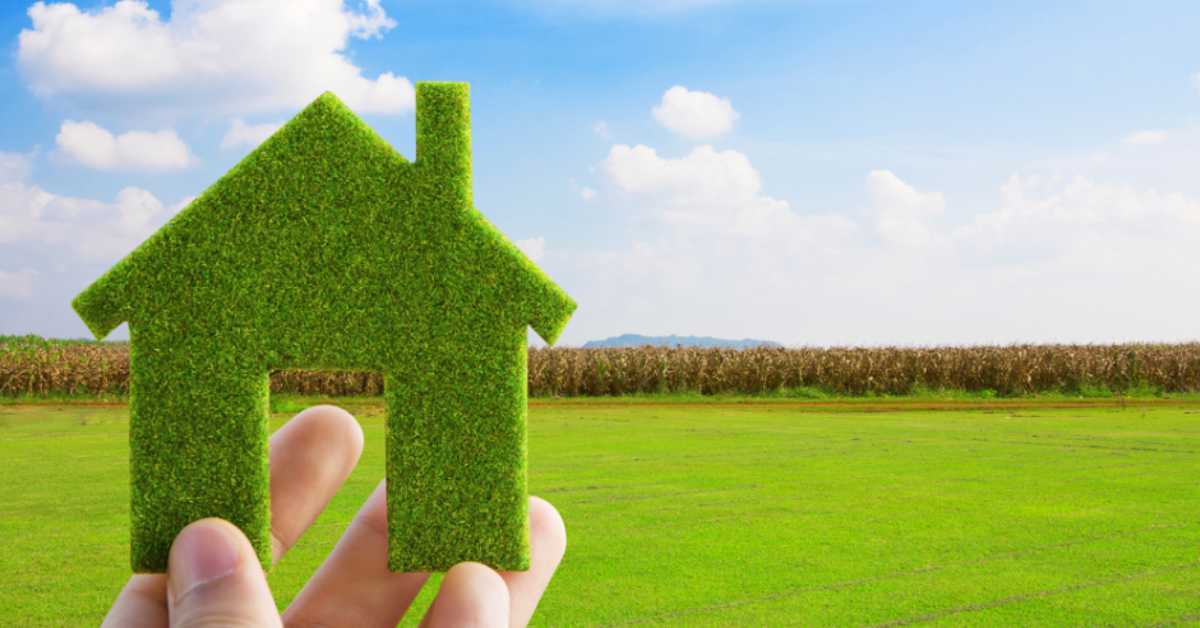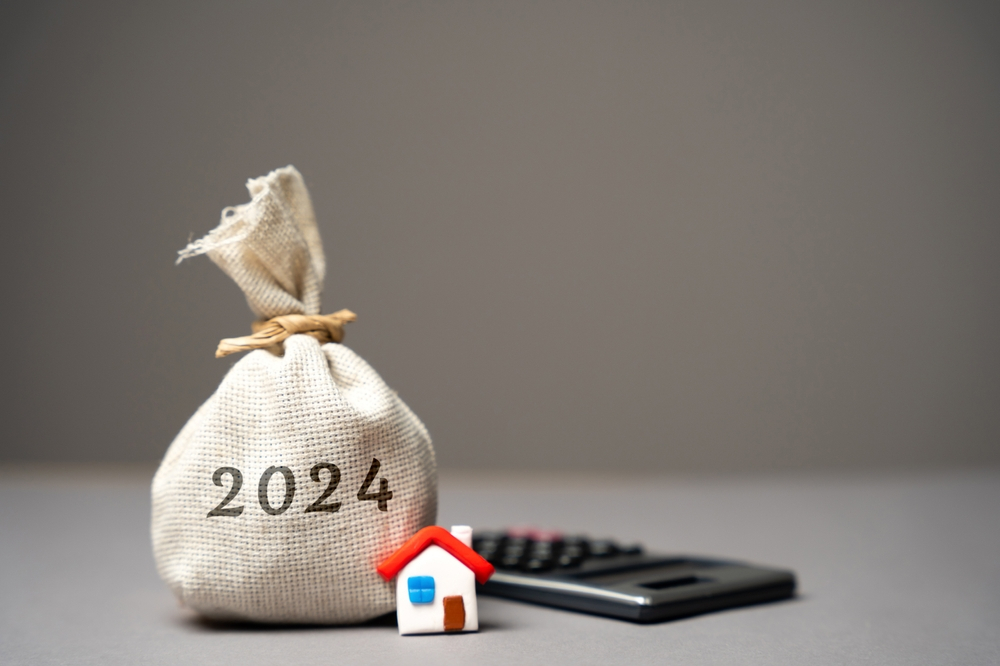For many Canadians, owning a home is a dream come true. True home ownership involves starting from scratch and not just buying an existing house and making modifications over time. In Canada, purchasing land is a tempting proposition for investors, regardless of whether they intend to build a home and then sell it or save it for the market’s future growth.
But many of us wonder if buying land in Canada is a wise financial decision. How do you purchase it? What do the experts have to say?
Is Buying Land A Good Investment in Canada?
As a general rule, putting money in land is a wise decision to make. Most investors buy undeveloped land with the goal of developing it right away, but some buy it with the hope that its value would increase over time. Buying land adjacent to your house and waiting for its value to rise is another option.
Here is some advise from the experts to assist you make your decision if you are thinking about purchasing land in Canada.
1. The Land is not Static but Flexible Investment
The possibilities for a return on your investment in land are virtually limitless. If building your ideal home has always been on your bucket list, you can hang onto it longer to boost value. You can sell it to a developer if the value increases. Raising cattle is an option if you don’t want to build a house because it will continue to generate a monthly return.
2. A Great Retirement Plan
Are you concerned about your upcoming retirement and your ability to support yourself without a job? Analyze purchasing land. You can rent this place from now till you’re retired for a set monthly fee. Therefore, the finest investment to take into account when assisting one’s own finances is purchasing land in Canada.
3. Freedom with your Investment
Some investment strategies can be very constrained. For instance, you only have the choice to buy or sell in the stock market. With land, on the other hand, you are free to use it anyway you like. It can be used to generate passive income for you while maintaining its value.
Now that you are aware that purchasing land in Canada is a wise investment, it’s time to learn a few crucial points to bear in mind to ensure a successful investment.
Things To Consider Before Investing in Land
Here are a few considerations you must make if you want your investment to be successful over the long term. We’ll use the purchase of Ontario land as an example to help explain. However, bear in mind that the procedure for purchasing land is the same across Canada, with a few small variations.
1. Buying Residential Land
First and foremost, whether you are purchasing land in Ontario for home or commercial use, check sure the title is clear. Once you close on a piece of property with liens on it, the property may come back to haunt you for years. Get all of the related papers from an attorney when buying land to make sure you do not have to experience anything unpleasant.
2. Buying Vacant Land
The second factor to take into account when purchasing land in Canada is distance and ease of access to services. You need to check things like: Is there a local municipality or provincial agency providing the water supply? Will you be using a freshwater well and septic tank system? If you wish to make changes to the land, are the things already there or will you have to install them?
3. Buying Commercial Land
What is the zoning on the land you wish to buy? is a crucial question to ask. Do provincial laws impose any restrictions on you? Does the zoning allow you to build a single-family home there? Along with these queries, be aware that only multi-family constructions are permitted in specific residential zone regions.
When purchasing vacant or undeveloped land in Ontario, it’s crucial to understand land values. These considerations range from the cost of the land you intend to buy to accessibility, transit, highways, and public amenities in the area. You can consult a residential or commercial real estate agent if you don’t reside in Ontario. This can mean a small increase in costs for you, but it could end up costing far less than the money you would lose if you invested poorly in a piece of land that you were ultimately unable to sell.
Down Payment for Buying Land
Typically, a down payment of at least 5% is required when purchasing a home on property. If you desire a loan without mortgage insurance, you can set this percentage at 20 percent. For the sake of a succinct response, you should plan to put between 25 and 50 percent down payment when taking out a land mortgage in Canada.
This variation is determined by the lending institution’s policies, the property in question, and the intended uses of the land. If you don’t want to make the needed down payment, there are other options to buy land.
5 Tips to Buy Land in Canada
1. Hire a Professional
When it comes to purchasing land in Canada, a real estate agent can be an invaluable asset. A new home purchase is considerably different from buying undeveloped land. Make sure you choose a professional who is knowledgeable about the field and can assist you in buying land in Canada.
2. Look at Nearby Places
A land’s worth largely depends on its surroundings. Therefore, before purchasing land, ensure that there are sufficient opportunities nearby to increase its worth.
3. Be Familiar With Zoning Laws
Before you buy, make sure you are completely aware of the zoning regulations in the region. Depending on the location of your land, obtaining zoning approvals is practically difficult. Also, there can be restrictions that get in the way of your building plans.
4. Take Environmental Test
The quality of the soil and water, the features of your property, and the climate all have a significant impact on how much your land is worth. Therefore, getting an environmental test done can prevent you from choosing a bad investment. An environmental test may also examine the likelihood of a catastrophe like flooding. Before making a decision, make sure to keep all of these points in mind.
5. Look for Better Utilities Around
Make sure to account for utilities like access to water and electricity while constructing a home from scratch. Roads should also be taken into account. You should use greater caution if you are purchasing in a rural place.








